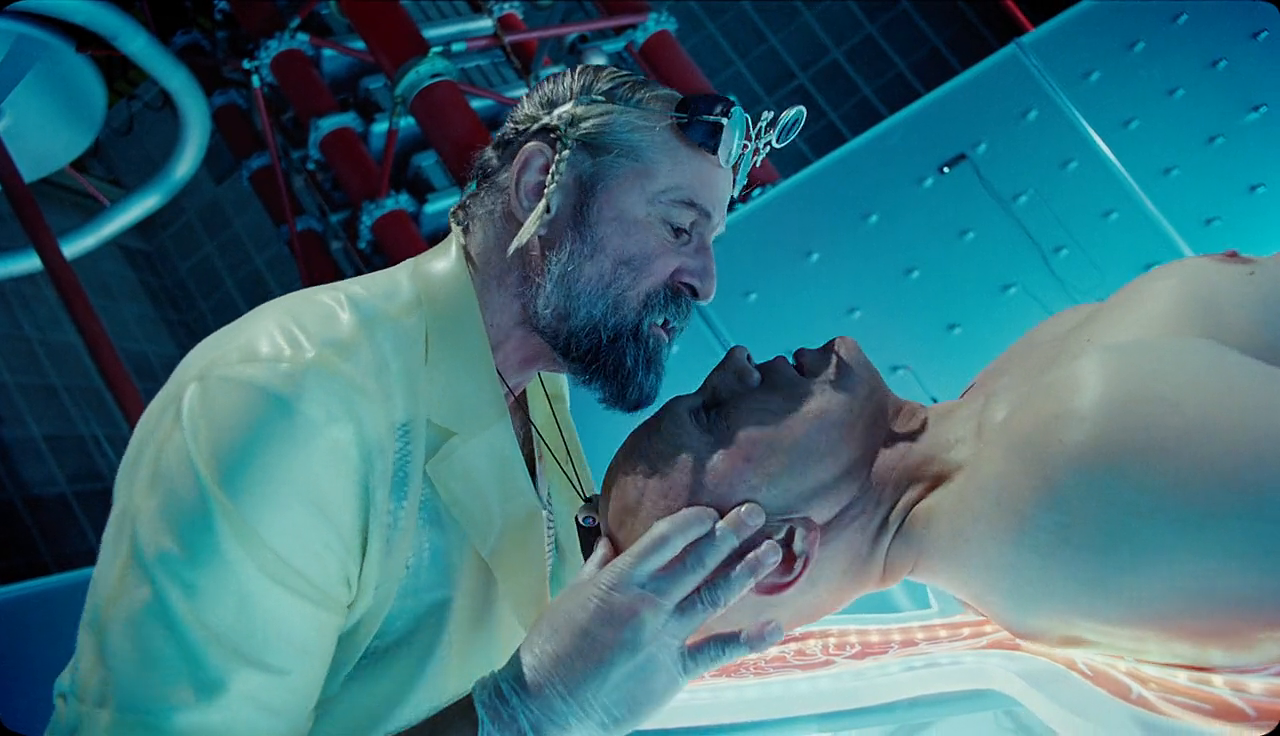This Is Where I Leave You
by Christie Robb
You’ve probably seen it before: a broken man forced by circumstance to return to his family home and reconnect with the life he had before, somehow, it all went awry. But you probably haven’t seen it with such enormous fake tits.
This Is Where I Leave You is as familiar and unchallenging as a bowl of chicken soup. Shawn Levy’s adaptation of the book by Jonathan Tropper places the spotlight on Jason Bateman’s Judd, a sad-sack who actually sits down for a breath and watches while his boss bones his wife on their marital bed. While couch surfing and growing out his obligatory beard of depression, he receives a phone call from his sister (Tina Fey) informing him that his father has died. His last request: that the kids sit shiva together for a week.
The family gathers with attendant significant others and kidlets and are encouraged by their oversharing, breast-enhanced mom (Jane Fonda), to let it all hang out and really get into the grief.
Like the bowl of chicken soup, you know exactly what you are going to get when you start. Family brawls. Run-ins with old loves. Finding dad’s secret stash of weed… You can ease into a nap worry-free. You’ll be able to figure out what happened before you dig the sleep crusties out of your eye creases.
The ensemble cast works to provide a little spice to an otherwise bland dramedy. Adam Driver (Girls) is great as the black sheep baby of the family and steals every scene that he’s in with a manic, fresh delivery and moments of puppy dog eyed sincerity. His interactions with the rabbi (Ben Schwartz from Parks and Recreation) who cannot shake his childhood nickname, Boner, are particularly delightful. But the talent mostly drowns in the soppy sentimentality and same-ness of it all.
I’m not saying the flick isn’t worth seeing. Just watch it at home nestled in a blanket, coughing out a lung with a bottle of NyQuil at your side.









